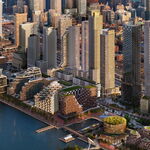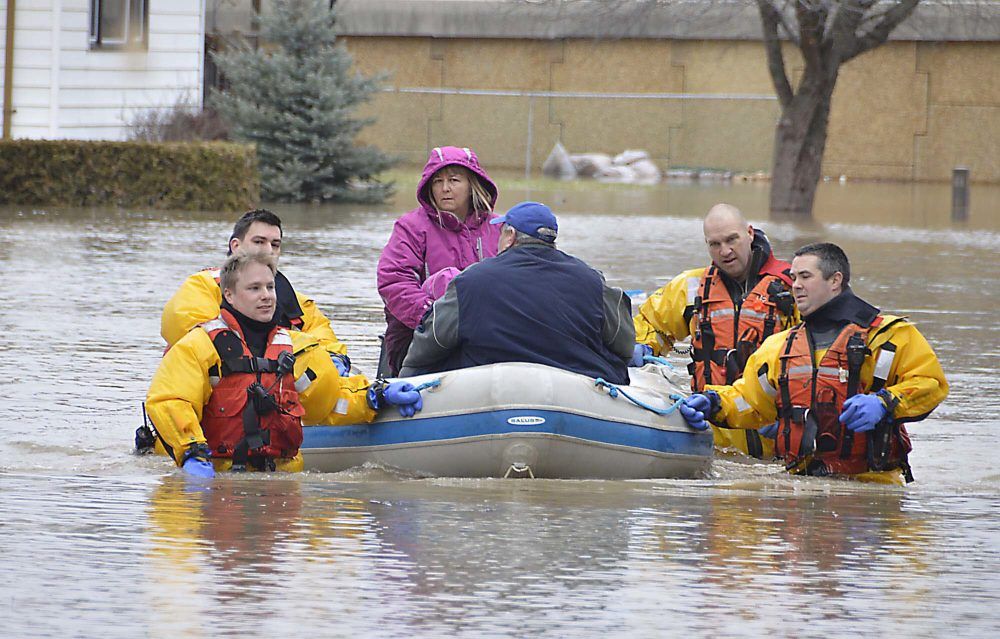Try, but they are 'task-able' bodies to events such as these; besides, trades like comms, mess, mechanics, etc. are needed to support them. I don't think sandbag tossing is a recognized trade.

. Getting some NDHQ folks' hands dirty (if any of them are engaged - they might be busy fighting over parking spots) every now and again might do them some good.
I also dislike the self-serving argument of the RMC professor because it clearly posits that what we really need is to be sending more troops abroad on combat missions.
With respect to said professor, I'm not convinced that is either a good use of our military, nor that the broader public would prioritize it.
Defense of the realm is their chief responsibility from my perspective, against any and all threats, including mother nature.
Outside of assisting in the defense of a treaty ally against foreign assault, I would suggest that foreign disaster relief would be something the public would support.
Which means the military would retain the same capabilities and equipment for that latter task as it would for domestic intervention in similar circumstances.
Rather than arguing for a civilian force for such things, the more well placed argument would be avoiding or substantially mitigating the scale of such disasters in the first place; such that
there is either no need for intervention or one that can be handled entirely by existing, civilian response agencies.
(re the above, I mean removing people and buildings from floodplains and upholding higher building code standards re flood, fire, and earthquake, so as to mitigate losses)





